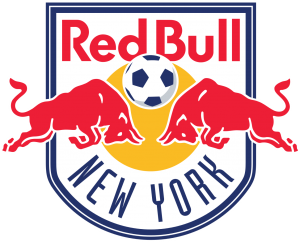
(LAWRENCE, Kan.) – Sports Turf Managers Association (STMA) – the professional organization for 2,600 men and women managing sports fields worldwide who are critical to the safety of athletes and coaches – congratulate the New York Red Bulls for achieving its first Environmental Facility Certification at New York Red Bulls Training Facility (East Hanover, N.J.).
Following four years of development by STMA’s Environmental Committee, the new platform certifies and rewards facilities that showcase ecological stewardship and sustainability practices.
“Our members are leaders in conservation and we now have the ability to support and promote our member’s commitment to protecting and preserving the environment,” says Jimmy Simpson, Environmental Committee Chair and Certified Sports Field Manager (CSFM). “For the thousands of sports fields nationwide, this is an opportunity to highlight specific venues and its sports turf managers through an objective, standards-based certification process.”
A facility’s field manager must complete an initial online assessment followed by an on-site walk-through validation with an attester. The assessment covers 10 environmental practice areas, including storm water management; fertilization; pesticides/Integrated Pest Management (IPM); recycling; composting; mowing; energy conservation; shop buildings and storage areas; irrigation and water quality testing; and educational outreach.
To achieve the prestigious certification, the site must attain an 80 percent score within each section. Facilities will remain certified for a three-year period, at which point a recertification process takes place.
STMA’s external focus on outreach for environmental stewardship began in 2010 with the appointment of an Environmental Task Group. By 2013, a general framework for the certification program was formed and, by 2014, the first pilot program was created.
For more information about STMA: www.stma.org, www.twitter.com/fieldexperts, 800.323.3875.

About STMA
STMA is the not-for-profit, professional association for men and women who manage sports fields worldwide. Since 1981, the association and its 34 local chapters have been providing education, information and sharing practical knowledge in the art and science of sports field management. Its more than 2,600 members oversee sports fields and facilities at schools, colleges and universities, parks and recreational facilities, and professional sports stadiums.
###






